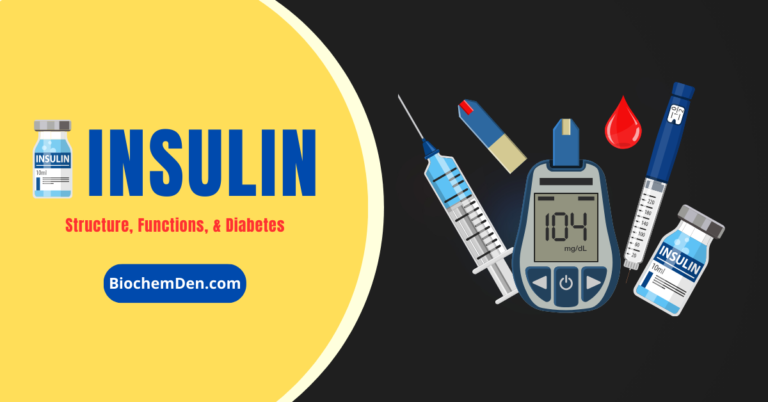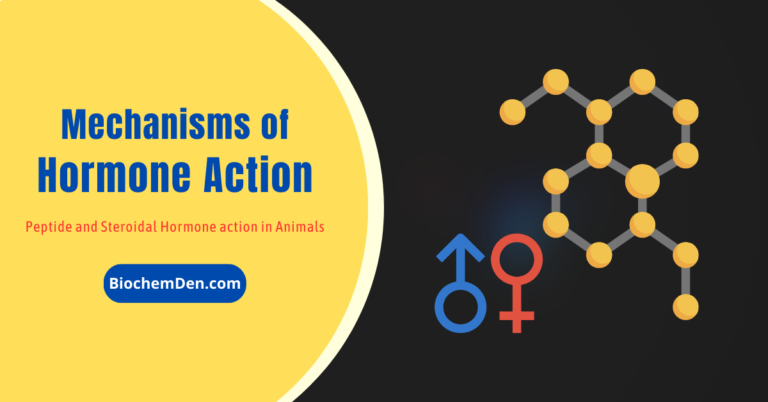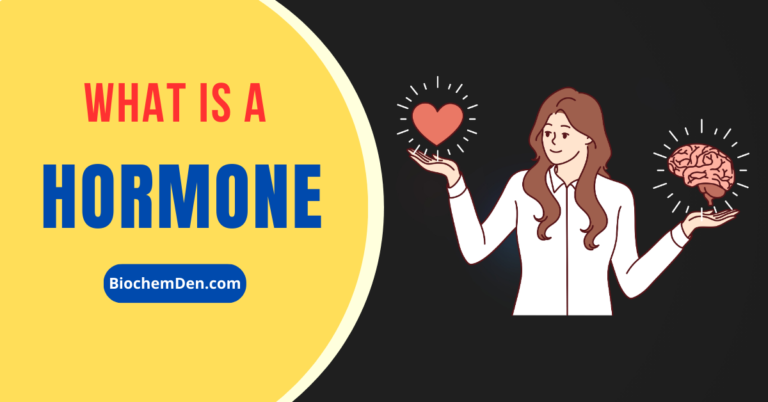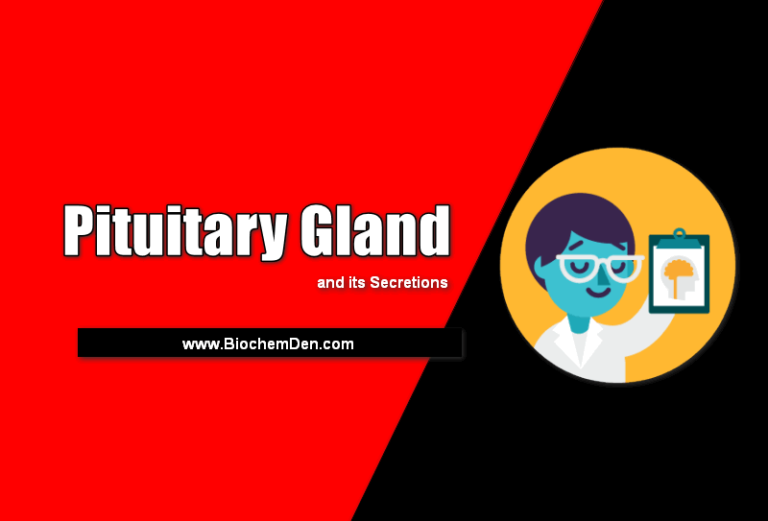The term Hormone (hormaoG= to excite) was first used by ‘William M.Bayliss’ and his brother-in-law ‘Ernest H.Starling’, both of London University college, in 1904, who showed that a chemical stimulate the action of a pancreatic secretion. These substances were then called “Chemical Messengers”.
What are Hormones:
According to “Went & Thimann” (1937), “A substance which produced in any one part of an organism, is transferred to another part and there influences a specific physiological process”.

Properties of Hormones:
A hormone is a Chemical messenger. It has the following properties:
- It travels in the blood.
- It has its effect at a site different from the site where it is made, called the “Target”, hence the term “Messenger”.
- It fits precisely into receptor molecules in the target like a key in a lock-it is therefore Specific for a particular target.
- It is a small soluble organic molecule.· It is effective in low concentrations.
- These have low molecular weight & diffuse readily.
Location of Principle Endocrine Glands:
- Two in the Head region ——–The pineal & the Pitutary
- Three in the Neck region ——- The Thymus, the Thyroid & Parathyroid
- Four in the Abdominal region——-The Pancreas, The Gastrointesinal mucosa, The adrenals & The Gonads
Classification of Hormones:
A) Based on their site on action, the hormones are of two types:
- Local Hormones
- General Hormones
a) Local Hormones:
It have specific local effects, where their nomenclature.
E.g.: Acetylcholine, Secretin, Cholecystokinin, Serotonine, Histamine, Angiotensin, Bradykinin & Kallidin.
b) General Hormones:
- These are secreted by specific endocrine glands and are transported in the cause physiologic actions at points remote from their place of origin. Some general hormones affect almost all cells of the body. E.g.: GH, Thyroid hormones
- Some general hormones affect specific tissues far more than other tissues. E.g.: Adrenocorticotropin, Ovarian hormone
B) A classification of vertebrate hormones, based on their chemical composition:
- Steroidal Hormones
- Peptide Hormones
- Amino acid derivatives





